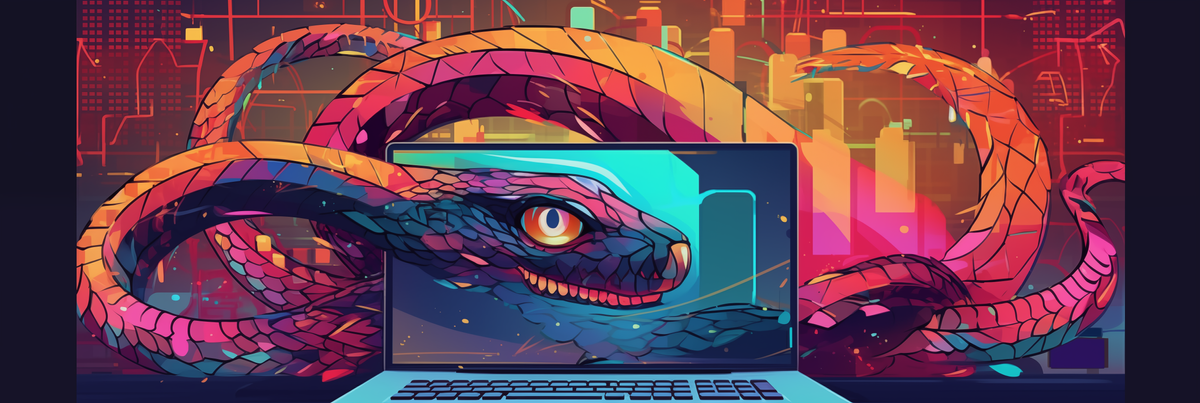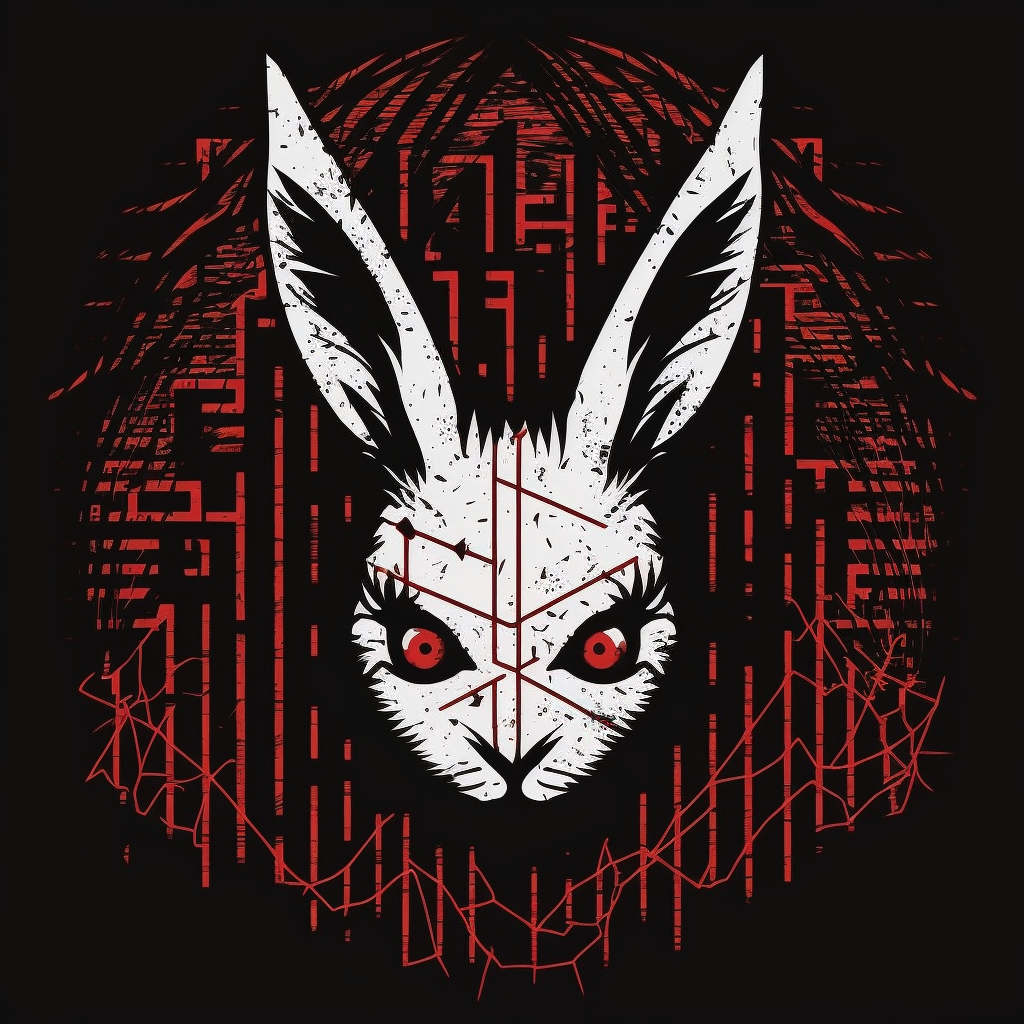Embracing Python: From boot.dev to GPYC and Beyond

In cybersecurity, the ability to adapt and learn is not just an advantage; it's a necessity. My recent endeavor into Python programming, propelled by my engagement with the GPYC (GIAC Python Coder) certification from SANS, has been a testament to this very philosophy. Yet, this narrative is not solely about acquiring a new skill but rather about discovering a pathway that transformed the abstract into the tangible, making the complex accessible.
The Prelude: A Quest for Comprehension
Embarking on the GPYC journey, I found myself at a crossroads, familiar with the importance of Python in cybersecurity but estranged by the language's syntax and paradigms. My prior attempts at deciphering Python felt akin to deciphering an ancient manuscript—filled with intrigue yet elusive. This changed when I stumbled upon boot.dev.
Boot.dev offered a unique premise—an educational odyssey framed within the backend development of a video game. This approach, novel and immersive, resonated with me profoundly. The abstraction of programming concepts into the mechanics of game development transformed my learning experience from a monotonous lecture into an interactive saga. It wasn't merely about writing code; it was about breathing life into a virtual world, one line at a time.
A New Vista: boot.dev's Impact
The platform, although not the most economical, justified every penny with its hands-on methodology and the depth of its curriculum. The conventional drudgery of PowerPoint slides and monotonous videos was replaced with challenges that ignited curiosity and fostered understanding. For someone like me, whose learning thrives on engagement rather than passive observation, boot.dev was a beacon of enlightenment.
The Leap: From Fundamentals to Application
Armed with the fundamentals of Python, I ventured into the GPYC course with renewed vigor. Here, the curriculum expanded into three thematic domains that are the bedrock of cybersecurity: Defense, Forensics, and Offense.
Defense focused on log analysis, a critical skill for identifying and mitigating threats in real-time. The ability to dissect logs with Python scripts transformed my perspective on system monitoring, offering a nuanced understanding of defense mechanisms.
Forensics introduced the intricate world of file and live carving, techniques pivotal for recovering evidence from digital devices. Python became my scalpel, slicing through data to uncover hidden insights and piece together digital stories from fragments left behind.
Offense, perhaps the most exhilarating segment, tasked us with developing our own backdoor. This not only highlighted the power of Python as a tool for cybersecurity professionals but also underscored the ethical responsibility that accompanies such knowledge. Crafting a backdoor was more than a technical exercise; it was a lesson in understanding the vulnerabilities we strive to protect against.
Beyond the Classroom: Python in the Real World
The true test of knowledge, however, lies in its application. Beyond the theoretical constructs and lab exercises, I sought to intertwine Python with my daily professional tasks and my preparation for the National Cyber League's spring game. The practical application of Python, from automating mundane tasks to parsing and analyzing logs, unveiled insights buried within data—a skill indispensable in the realm of cybersecurity.
Reflections and Revelations
This journey from a neophyte in Python to wielding it as a tool in cybersecurity has been transformative. It underscores a fundamental truth about learning: the path to mastery is not in the accumulation of facts but in finding resonance between the subject and the self. Boot.dev did more than teach me Python; it revealed how learning, when aligned with one's interests and passions, can transcend barriers and illuminate understanding.
As I continue to navigate the realms of GPYC and beyond, the lessons gleaned extend beyond Python. They speak of the essence of learning—curiosity, engagement, and the relentless pursuit of knowledge. In the dynamic field of cybersecurity, these lessons are my compass, guiding me through challenges and towards continuous growth.
